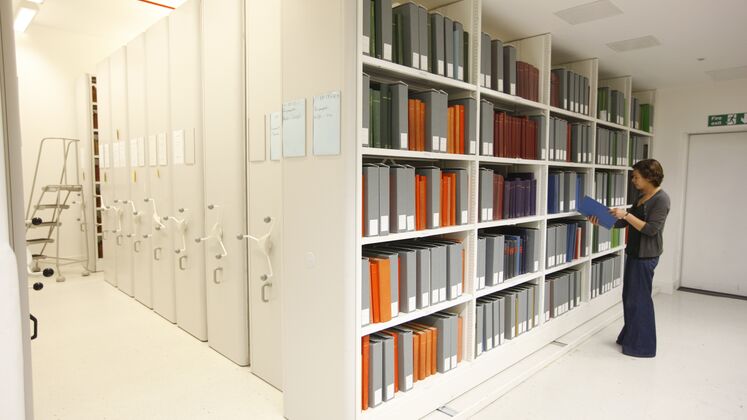Conferences, especially academic conferences, can be intimidating, but they are also a vital part of academic and professional career development. Regardless of our vocation upon graduation we will have to interact with conferences. For budding scholars especially at the PhD level conferences are especially important. Here are some of the advantages that a PhD candidate can obtain from going to conferences, as well as some recommendations on how to maximize your utility of conferences.
Great Source of Feedback
As a PhD candidate regardless of your field you are taking on a major topic and your thinking on the subject is probably very crowded. This is normal it takes time to zero in on your primary argument and the clarify your thinking. Here is where conferences can help. They provide a wider array of peers who are at all levels of the profession. Even if you chose not to present a paper or be on a panel.
Conferences can be a great place to road test ideas and find colleagues to have fruitful discussion with. Now you no doubt are thinking this advice sounds a bit dated considering how much conferences have shifted online. Well, it does change the dynamic, but it doesn’t preclude you from having a productive side conversation. At a recent conference I attended I messaged a panel presenter a question after the panel and we set up a video chat to discuss the topic during the break between panels.
Digital conferences does not preclude feedback it just makes the dynamic’s different. Which is why I also recommend presenting a paper. It’s the best way to maximize your feedback and you will have your work in a coherent format. Of course then you need to write the paper or at least a comprehensive outline, and that’s why you should only volunteer to present a paper if it is on a subject your are well into in your research.
Conference papers, though are challenging in the brevity, are usually no more than 6000 words. Not as much space as most PhDs would like to explore the nuance of there subject. So if you are struggling consider a comprehensive outline one or two pages where you lay out your central research and what you are struggling with. What is key is to look for feedback and be respective to it. No one goes to a conference to bash other peoples work, and although there can be the occasional spoil sport normally the atmosphere is collegial and supportive. Take feedback even criticism at face value and see how you can learn from it.
A Place to Build Relationships
In addition to the personal connections you can build at conferences. These gatherings bring together people from across your chosen field or industry. It becomes a good place not just to cultivate interpersonal relationships, but to meet people from different facets of your profession or different disciplines. Again, a personal example from myself who has been to many conferences, my efforts to publish more widely outside of academic circles were significantly boosted by connections I made at conferences with people who had connections in various outlets.
In this era, social media conferences are also a opportunity to connect with people whose work you know from online or from discussion in person. It is also a levelling experience senior and junior academics attend the same conferences and sit on the same panels. These people are your future collaborators, mentors, and or colleagues. A opportunity to connect to them personally can be immensely helpful to your professional and personal growth.
Hear New Ideas and Perspectives
Then there is what the conferences are all about: an opportunity to hear new ideas and perspectives on your fields latest trends, body of work and consensus. It’s a very valuable experience because it helps you to see the larger picture where your research fits into the broader constellation of your respective field.
What to avoid
With all this said its important to be mindful of the limitations conferences represent. Namely they are time consuming and expensive. Sometimes the material there is not directly relevant to your own research even if there is some overlap. So do not over stress yourself mentally and financially trying to attend every conference that comes up. Rather identify what is coinvent and affordable to you. Look at the organizer the past speakers and think could this be helpful to me. Also with the expansion of hybrid conferences many venues are now more accessible than they have been in the past. So if you see a conference offering a online section but only a few panels are relevant to you don’t hesitate to only engage on those panels. Especially as the cost of registering for hybrid or online conferences is usually lower than in person attendance.





